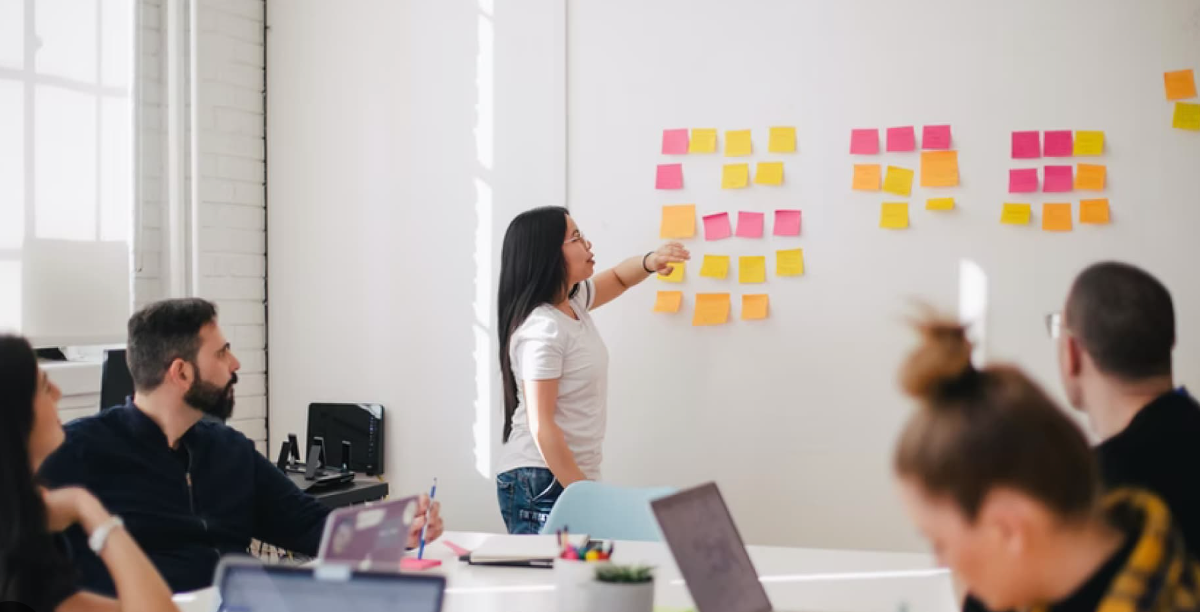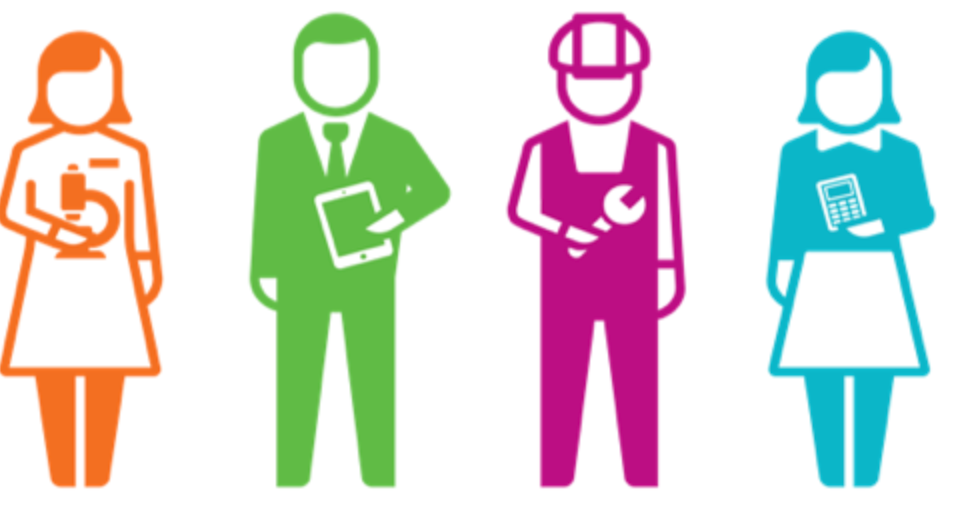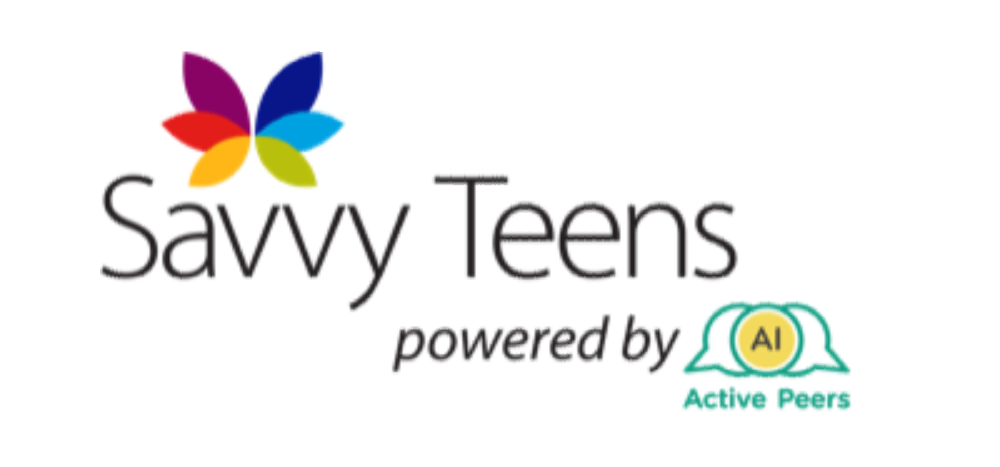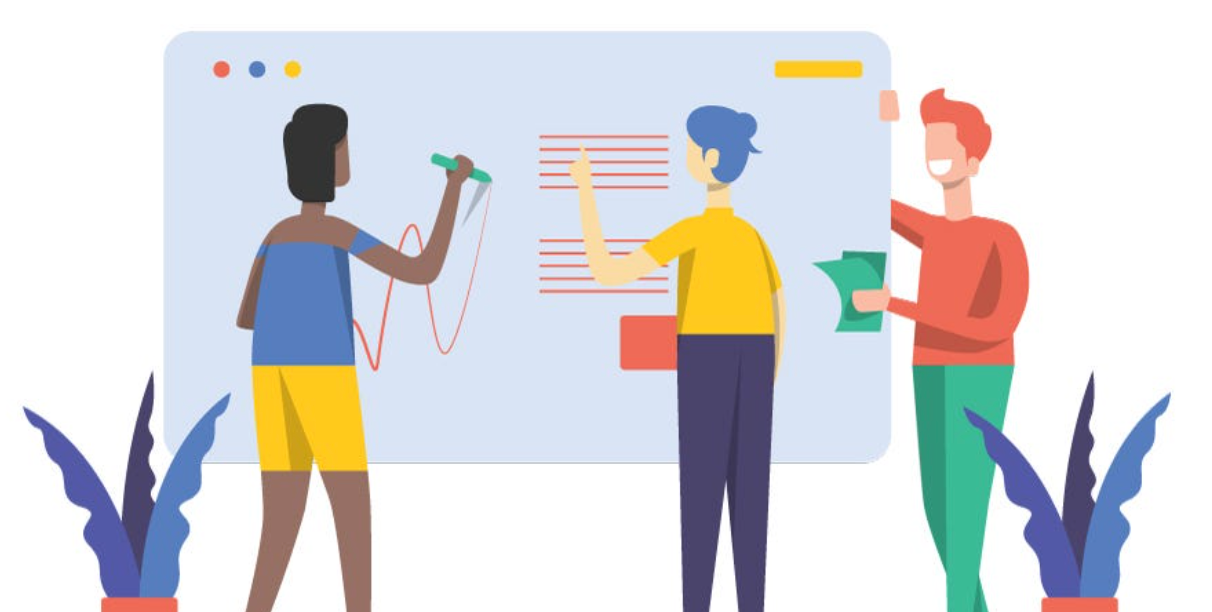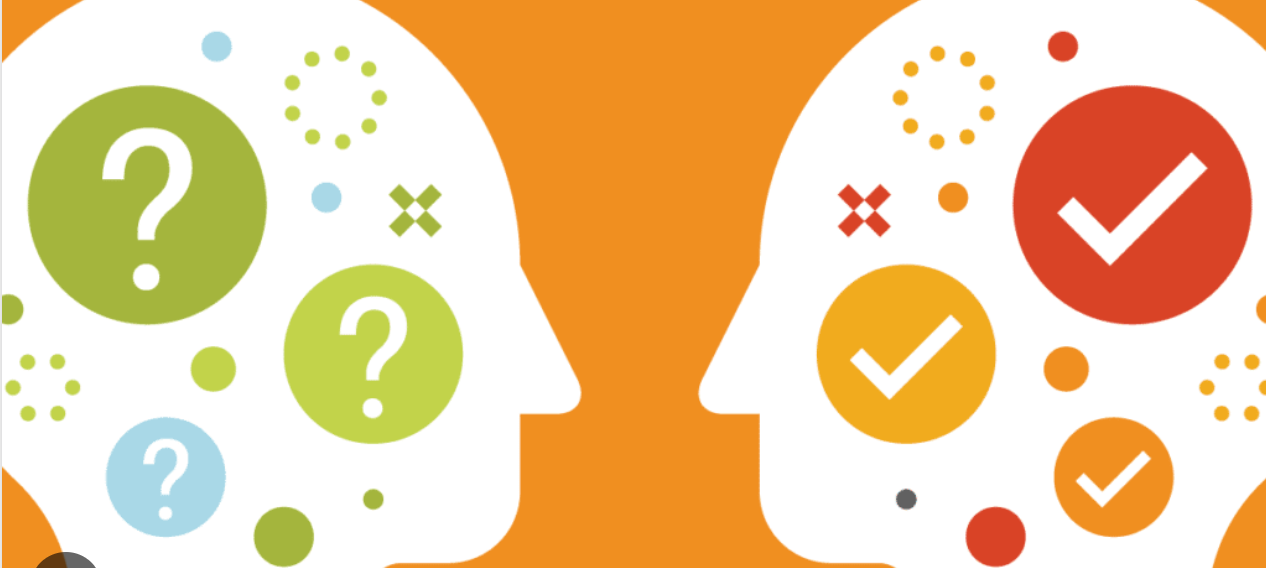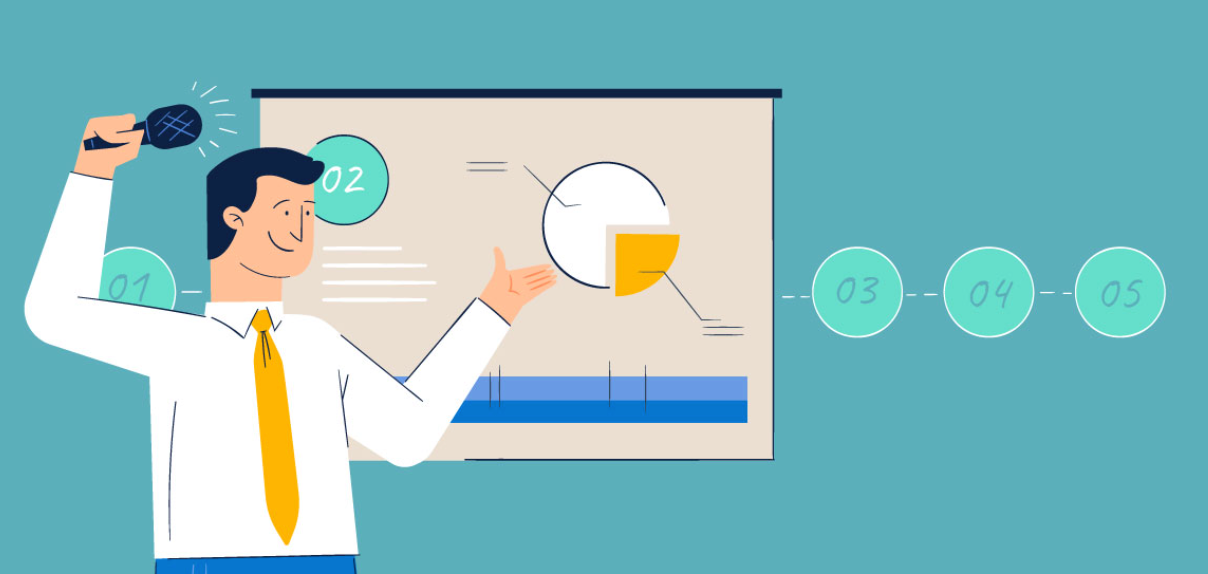Building Job Seekers' Confidence through Empathy with their Peers
Active Peers AI's first ever YouTube Live!
Active Peers AI recently hosted its first-ever YouTube Live on “Building Job Seekers' Confidence through Empathy with their Peers”. We had a live Q&A session with Susan HayesCulleton, who is not only the CEO and Founder of Active Peers AI but is also an Associate Lecturer at Ulster University. Susan has in fact used Active Peers AI on numerous occasions when delivering Job Readiness modules at the university. In this case study, Susan was tasked with helping career changers at the end of a finance-related program. These job seekers were going through a lot of emotions, including overwhelmingness, excitement, fear, lack of confidence, and dynamism, among many others.
Guide for conducting role-play interviews with peers
To help these job seekers build career confidence, Susan first gave the participants a survey and asked them to document their strengths and the areas that they want to improve. Then, Susan used the AI Matching Algorithm to connect people based on the results of the survey. The algorithm matched people who were good at a particular skill with people who wanted to learn more about that skill, e.g. competency-based questions. Next, Susan gave the participants the Peer Learning Prompter to help them come up with questions to ask in the interview and prepare what they would say during the interview. After that, Susan asked the participants to do role-play interviews with their peers. Every participant got the chance to play the role of the interviewer once and the role of the interviewee twice. Playing the role of the interviewer really helped the job seekers to demystify what it is like to be on the other side of the table. At the same time, playing the role of the interviewee made the participants more confident as they got to practice answering some common interview questions. At the end of the session, Susan asked the participants to document their learnings and asked them to give peer feedback, including 3 areas their peers did well and 1 area of improvement.
Susan reckons that the role-play interviews were very successful as every participant took away ten questions that they might get asked in an interview and they also learnt how to prepare for competency-based interviews. Moreover, the constructive feedback given by their peers on what they did well and how they can improve also aided in building their confidence. Another activity that Susan did within this job readiness module was to give the participants an editable Google Document so that they can write down the interview questions they've been asked before or questions that they think they're likely to be asked in an interview. This activity helped to crowdsource interview questions, which was particularly useful in helping these participants prepare for upcoming interviews.
Building the confidence of your staff members
In addition, Susan shared her expertise on how to build the confidence of staff members who are already settled in their careers. Firstly, it is important to let people see the impact their knowledge can have on others. This can be done by creating a focused and consistent output-generating environment where people can help each other, thus building their confidence in the process. Secondly, it is important to help people overcome their problems so that they can move forward in their careers. People's confidence will increase when they realize that others notice and acknowledge the improvements they have made. Lastly, it is important to give positive reinforcement and back compliments up with substance so that the other person knows what they are doing well in. By helping other people analyze their successes, it can build their confidence tremendously.
Implementing peer learning in everyday office life
Furthermore, Susan shared her advice on implementing peer learning in day-to-day office life. The first piece of advice Susan gave is that people should be encouraged to reflect on what they have learnt. Reflecting on and writing down what you have learnt during your day should be an everyday practice so that you can really bank your knowledge. While reflecting, you can also think about who you can share that knowledge with within your company so that they can also benefit from it. The second piece of advice is to create space in meetings for people to share new ideas with their colleagues and think about how to build on those ideas. It is important to distinguish between making an idea better and building on an idea as the culture of building on ideas will lead to more productive peer learning and collaboration. The last piece of advice is to look into when and why people have queries, whether it is from within the company or from a customer. This provides a great basis for market research and makes people more comfortable when it comes to asking questions.

